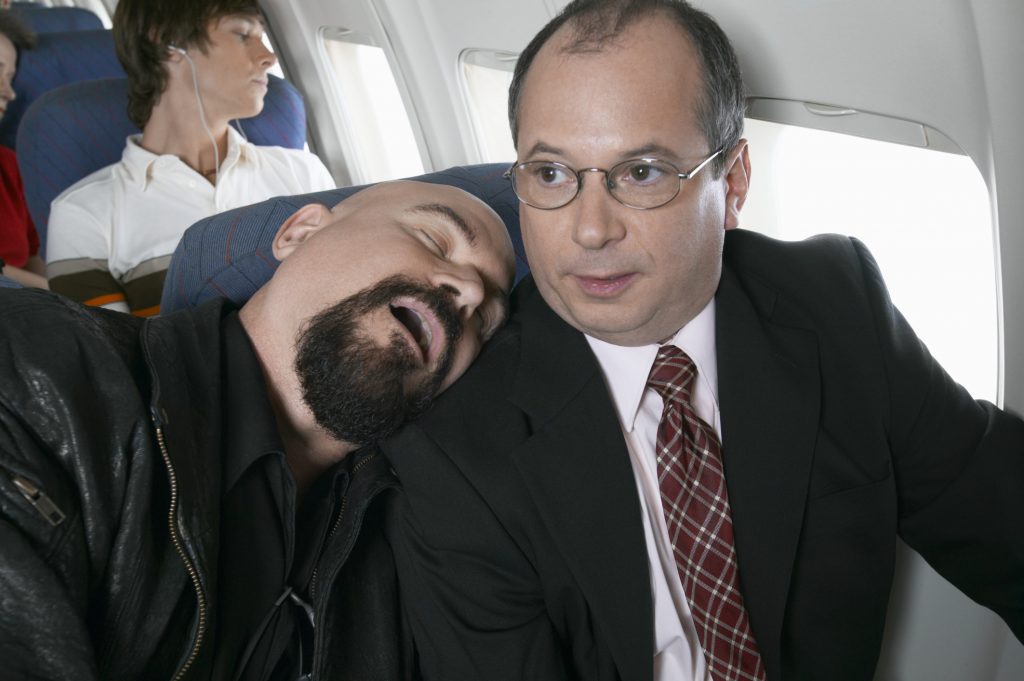I have discussed the use of melatonin In my previous articles on jet lag and sleep disturbance. Since I am interested in this subject, my attention was drawn to an article in November 20 edition of the Canadian Medical Association Journal (CMAJ) titled, “Five things you should know about melatonin” by Carter and Juurlink from the University of Toronto.
The small pineal gland in our brain secretes a hormone called melatonin. Its main functions are to regulate the circadian rhythm and initiate and maintain sleep. Circadian rhythms are physical, mental and behavioural changes in our body that follow a roughly 24-hour cycle. It responds to light and darkness in our environment. Exposure to light also regulates the levels of melatonin which peaks at two in the morning.
Studies have shown that melatonin is effective against jet lag. The benefit was greater when flying eastward and when crossing more time zones. The critical question is the dose and when to take it. Some studies suggest the timing of administration of melatonin needs to be precise and individualized.
One study has shown that melatonin was effective in helping people fall asleep at doses of 0.3 milligrams (mg). To treat the jet lag, the recommended dose of melatonin is 0.3-0.5 mg, to be taken the first day of travelling. If you take too much of it then it can cause sleepiness, lethargy, confusion, and decreased mental sharpness. People with epilepsy, and patients taking warfarin should avoid melatonin due some reports about possible interaction.
A 2002 Cochrane Database System Review titled “Melatonin for the prevention and treatment of jet lag” by Herxheimer and Petrie says, “Nine of the ten trials found that melatonin, taken close to the target bedtime at the destination (10pm to midnight), decreased jet-lag from flights crossing five or more time zones. Daily doses of melatonin between 0.5 and 5mg are similarly effective, except that people fall asleep faster and sleep better after 5mg than 0.5mg. Doses above 5mg appear to be no more effective.”
Can melatonin be used for chronic insomnia? Studies have shown melatonin increased total sleep time by 12.8 minutes, increased sleep efficiency by 2.2 per cent and decreased sleep latency by 4.0 minutes. It does not sound very impressive. There is no clinical consensus on the use of melatonin in cases of insomnia.
Melatonin is sold over the counter and it is synthetic. It is the only human hormone available in Canada without a prescription. Melatonin should be used with caution.
Start reading the preview of my book A Doctor's Journey for free on Amazon. Available on Kindle for $2.99!
